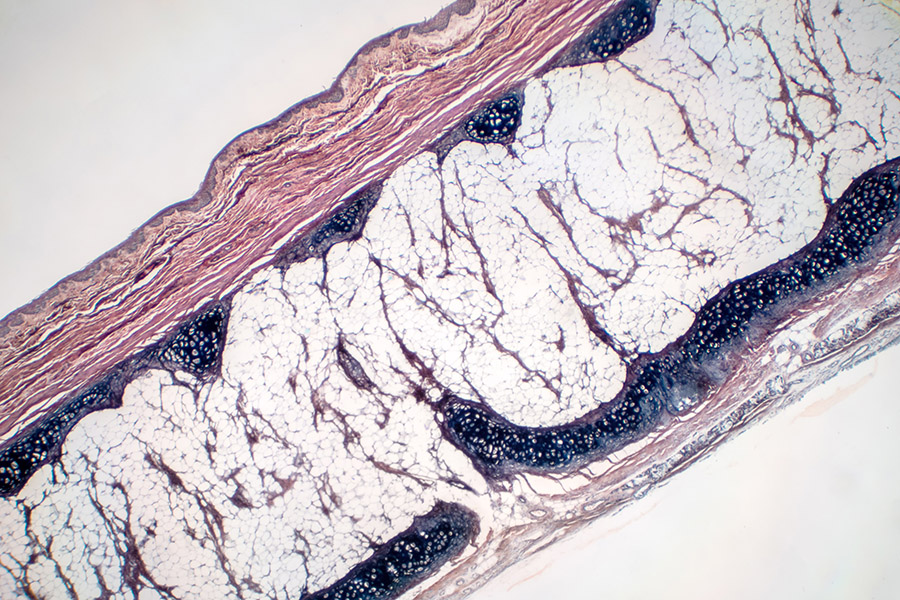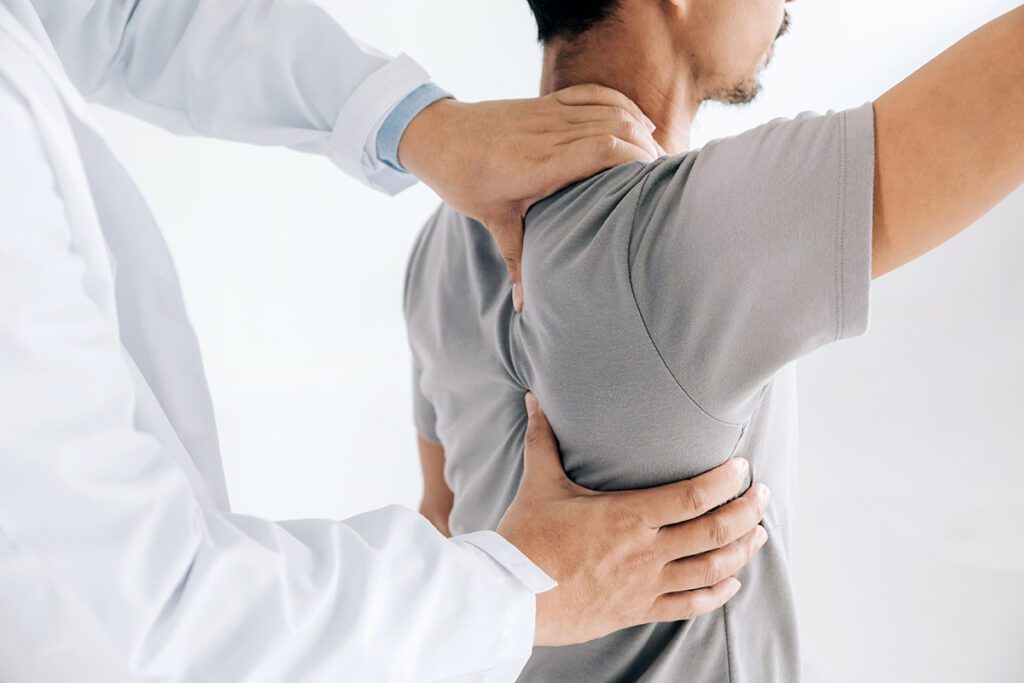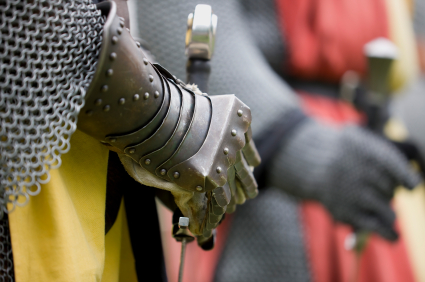



When a person develops an arthritic shoulder, it is due to inflammation in the shoulder joint, which, over time, can lead to a loss of cartilage. Treatments for shoulder arthritis are available and range from home remedies for pain to exercises and surgery for more severe arthritis.
Shoulder arthritis is inflammation in the shoulder joint, causing stiffness, and pain and making the arm uncomfortable to lift.
The shoulder consists of a ball and socket joint, where the ball of the humerus (upper arm) rests against the socket at the edge of the scapula (shoulder blade). The joint is known as the glenohumeral joint, but shoulder arthritis can also develop in the second shoulder joint where the collarbone meets the acromion on the shoulder blade. This joint is called the AC joint or acromioclavicular joint.
The cartilage that covers the head of the humerus and the socket of the shoulder joint is affected by arthritis. The cartilage acts as a cushion between the bones, but when arthritis develops, it causes loss of cartilage which creates pain and discomfort as the bones are rubbing against each other.
Pain felt by shoulder arthritis depends on which shoulder joint is affected:
Other shoulder arthritis symptoms, besides pain, include:
Shoulder arthritis has several potential causes, including:
Diagnosing shoulder arthritis requires a physical exam that includes checking the range of motion and its strength, but also imaging tests like:
To treat arthritis in the shoulder, there are several home-based treatments to reduce pain, including:
Medications are available to help reduce inflammation and pain as well, including:
If conservative arthritis treatment fails to bring relief or the arthritis is getting worse, a healthcare provider may recommend surgery. There are several types of shoulder arthritis surgery treatments available, including:


Physical therapy is an essential part of the shoulder’s recovery after surgery, helping to restore the range of motion and rebuild strength in the shoulder. While preparing for shoulder surgery, many patients wonder what to expect from the physical therapy aspect of their recovery to either ease concerns or to


Knowing shoulder surgery recovery tips can help alleviate any concerns or anxiety surrounding shoulder surgery, and many surgeons provide information to help navigate recovery. While your surgeon may give direction on surgery preparation, it’s still important to take steps to make recovery more comfortable and encourage healing. Read below and



Todd Havener, MD and Howard Barker, MD along with retired Proliance Surgeons Everett Bone & Joint doctor Clay Wertheimer, have discussions on knee, hand and shoulder surgeries.



Todd Havener, MD and Howard Barker, MD along with retired Proliance Surgeons Everett Bone & Joint doctor Clay Wertheimer, have discussions on knee, hand and shoulder surgeries.